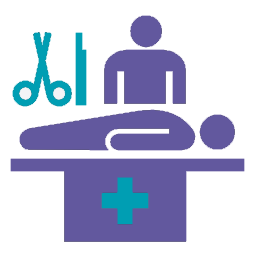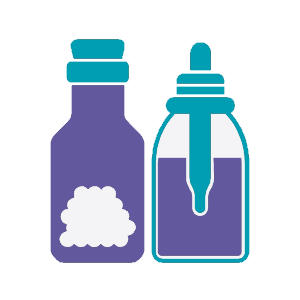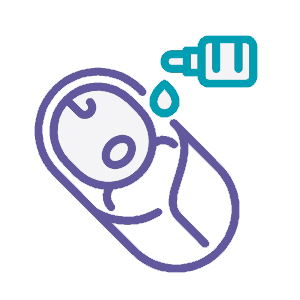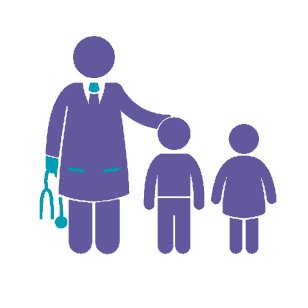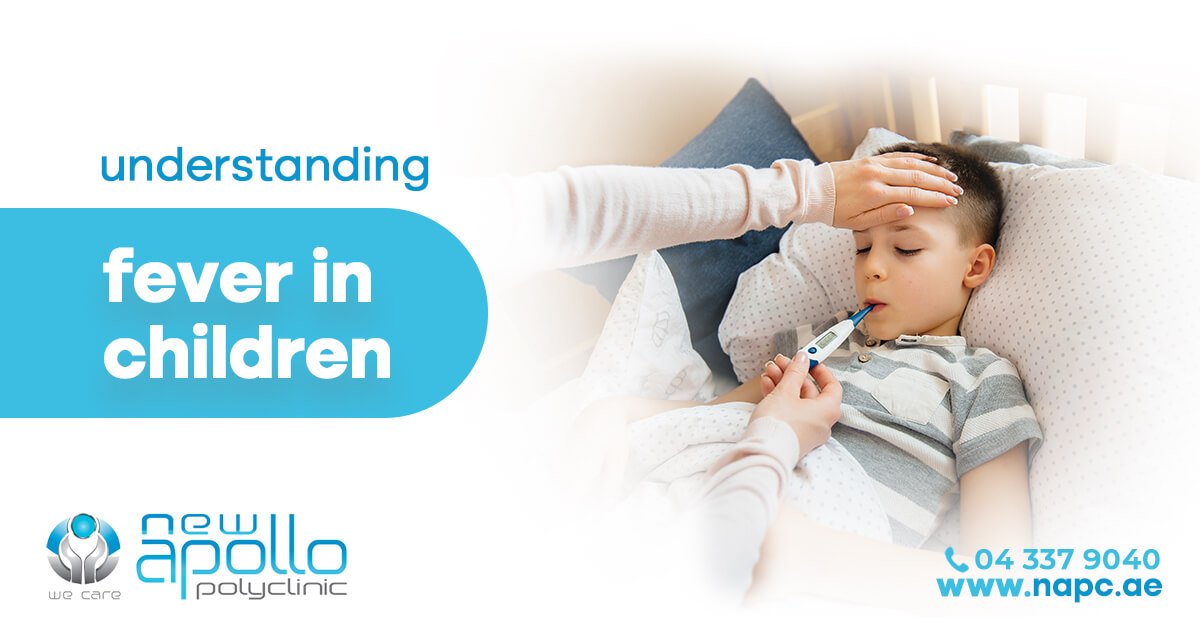
Fever is a prevalent health concern among children, often signaling their body’s fight against infections. Parents and childcare providers need a solid understanding of fever in children to manage it effectively. In this blog post, we’ll break down key points to simplify this common health issue and you can learn how our pediatrician can help your child if they are reeling under high fever.
What Defines a Fever?
A rectal temperature of 100.4°F (38°C) or higher is generally considered a fever in children. However, this definition may vary based on the method of temperature measurement, such as oral, axillary, or ear readings.
Causes of Fever
Various factors can trigger fever in children, including viral or bacterial infections like the common cold, flu, or ear infections. Immunizations, teething, environmental factors, and underlying medical conditions can also contribute to elevated temperatures.
Symptoms Accompanying Fever
Fever itself is a symptom, not an illness. Children with fever may also exhibit other symptoms like cough, sore throat, runny nose, headache, muscle aches, fatigue, or loss of appetite.
Measuring Temperature
Different methods, including rectal, oral, axillary (armpit), and tympanic (ear) measurements, can be used to gauge a child’s temperature. For accuracy in infants and young children, rectal temperature is generally recommended.
The Importance of Monitoring
Regularly monitoring a child’s temperature during a fever is crucial. This helps gauge whether the fever is improving or worsening, aiding in the decision of whether medical attention is necessary. Maintain a record of temperature readings and associated symptoms to share with a pediatrician if needed.
When to Seek Medical Care?
While fever is generally not alarming, certain situations warrant medical attention, such as:
- Infants under 3 months old with a rectal temperature of 100.4°F (38°C) or higher.
- Persistent fever lasting more than a few days.
- High fever (103°F or higher) or a rapidly spiking fever.
- Signs of dehydration, like decreased urination, dry mouth, or sunken eyes.
- Severe headache, neck stiffness, or light sensitivity.
- Difficulty breathing or rapid breathing.
- Seizures or convulsions.
Taking Action
Consult a pediatrician before administering any medication. If concerns about your child’s fever or overall condition arise, consult the best pediatrician in Karama at New Apollo Polyclinic promptly. For working parents entrusting their child’s care to a nanny or nurse, ensure continuous temperature monitoring. Consider Maika for well-trained nannies offering optimal care. Contact us for more information and book an appointment today.
Your child’s health is our priority, if your child is continuously getting fever consult with our specialist pediatrician/best child doctor to determine the appropriate treatment. Our specialist pediatrician Dr. Alluramma Anappu Reddy can help your child with common cold & fever, routine comprehensive immunization, preschool health check-up, management of common pediatrics. Her core expertise also includes evaluation for learning disabilities including ADHD, hyperactivity, and dyslexia. She believes that every child is unique, therefore she likes to carve out a personalized treatment for every child she treats. If you are searching for the ‘best baby doctor near me’ secure your spot for consultation with Dr. Alluramma by booking an appointment at New Apollo Polyclinic.



